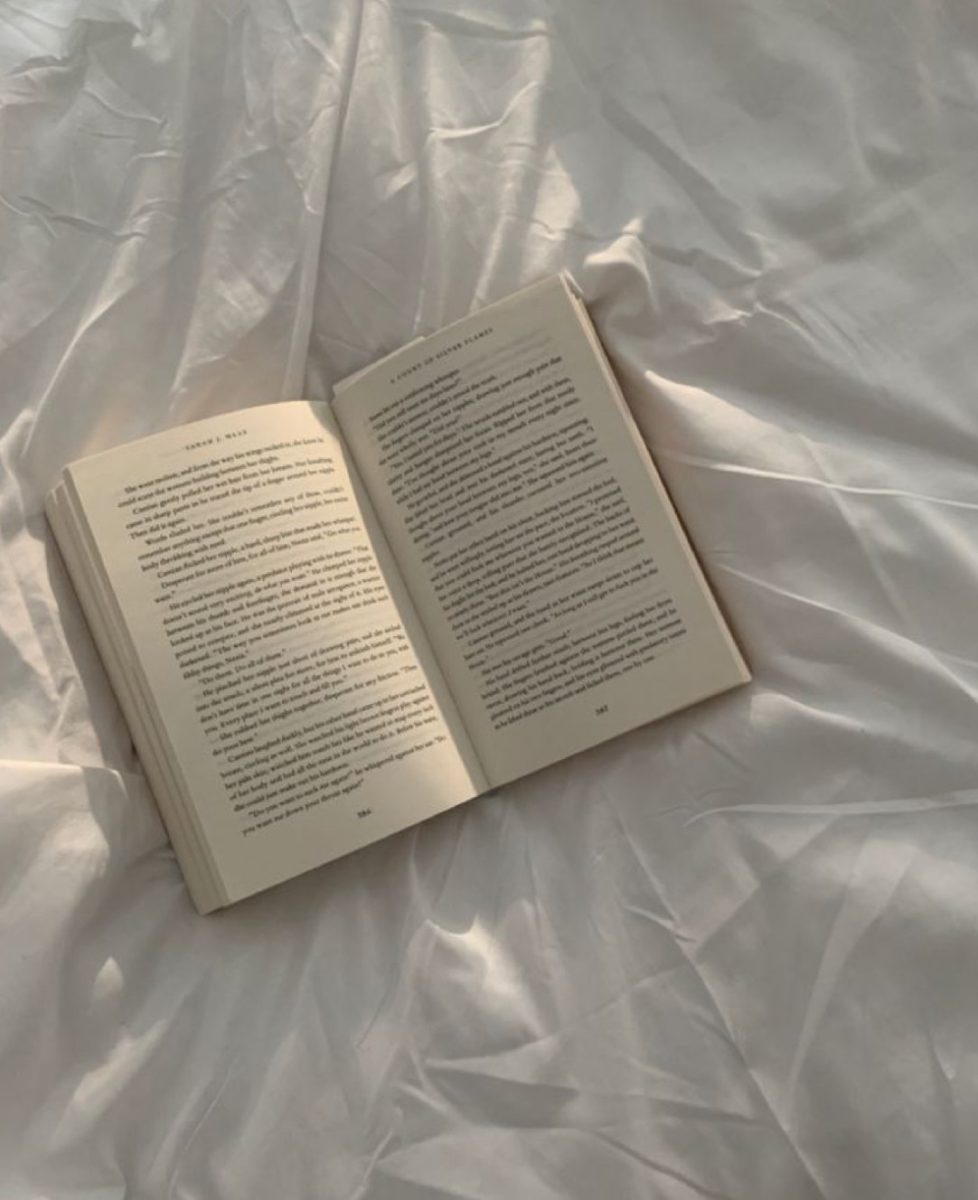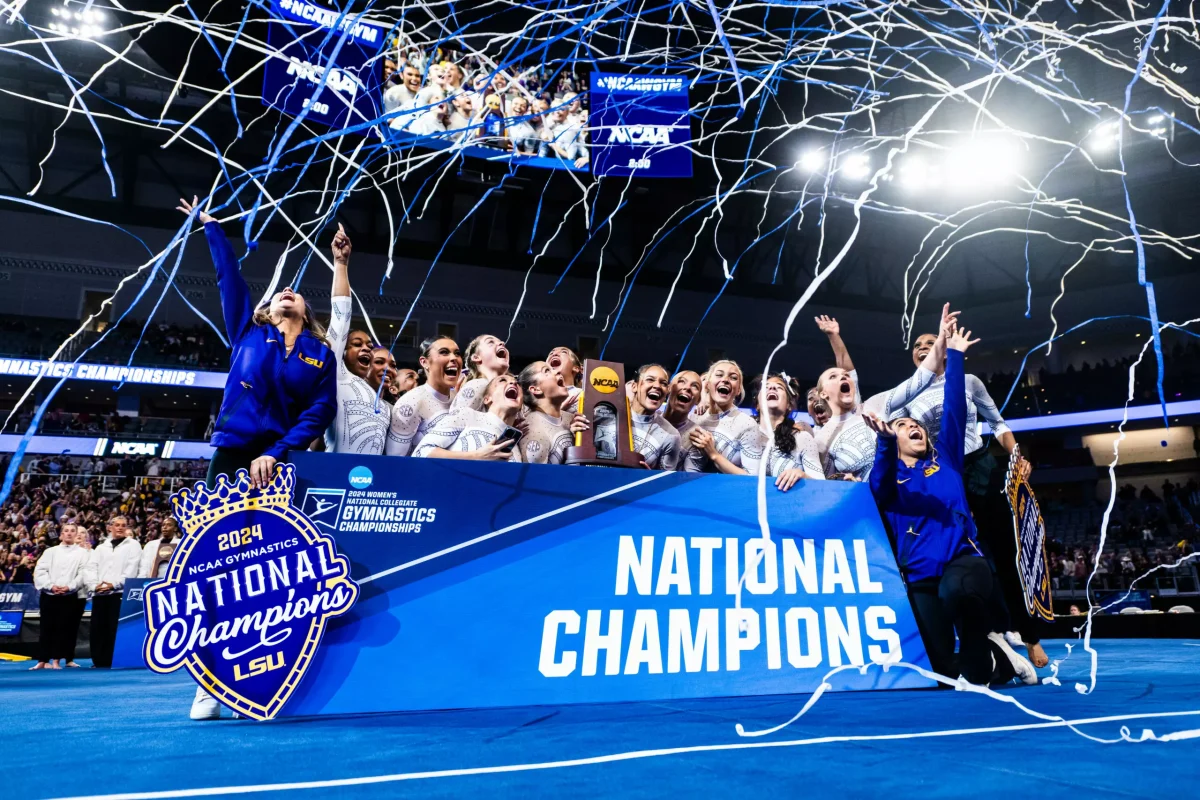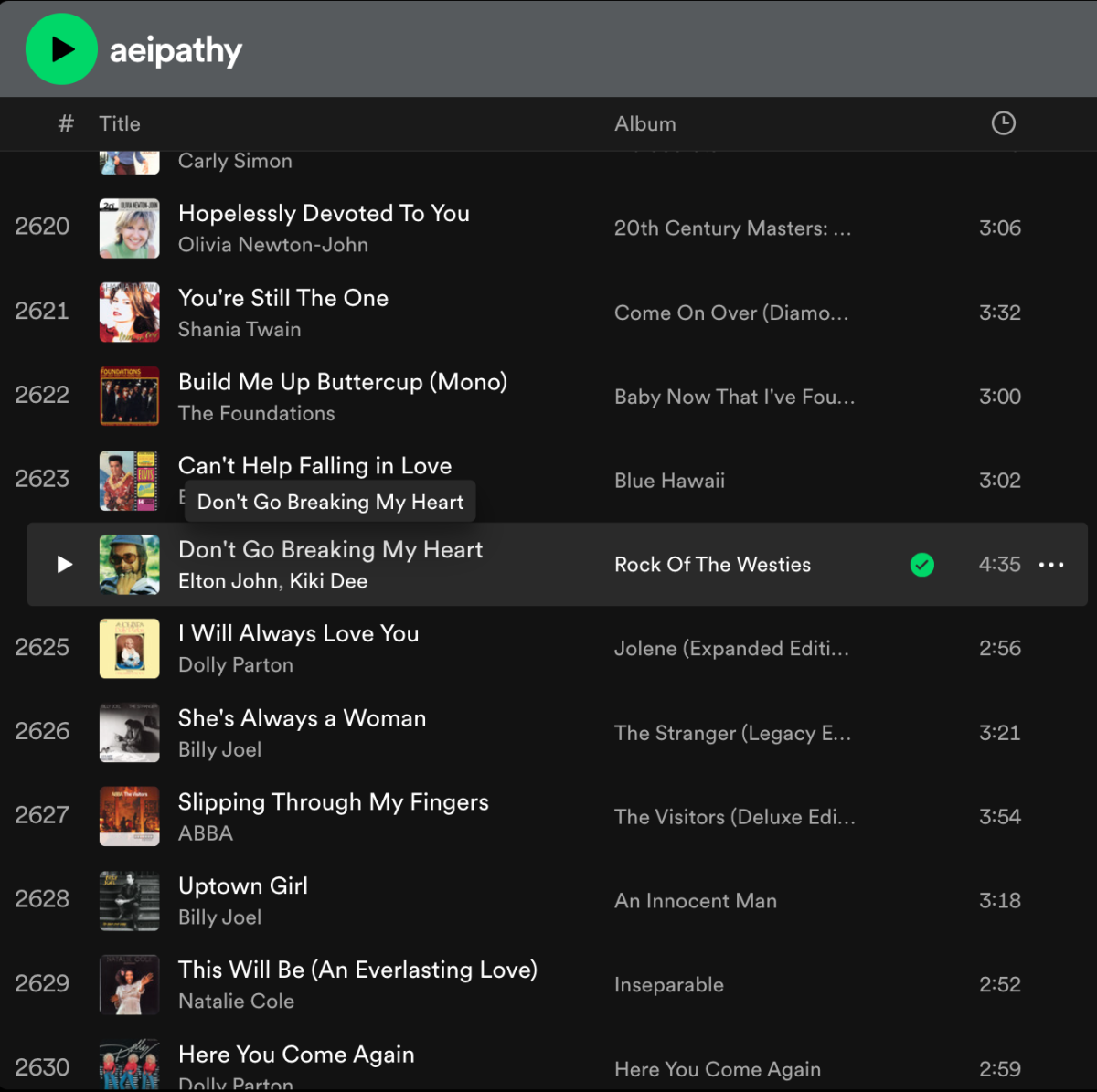Fright Night: Lights Out is a movie you don’t have to watch with the lights on

Being a horror movie fanatic, I am constantly looking for new films to watch and appreciate. Unless you’re looking for the same scary, home-video-type show, there aren’t many horror movies, and there are very few memorable ones.
Lights Out is not one of them.
In order to be considered “good” in my analytic mind, every horror movie I watch needs to be interesting in six different categories: acting, graphics, creep factor, backstory or plot, story development, and finality. If it doesn’t have at least one star in each of these, which they pretty much always do because I am entertained by everything, it’s a pretty awful movie.
Lights Out, though it is a Rotten Tomatoes critically acclaimed success, isn’t horrible, but it’s certainly not good.
Woefully tortured Rebecca, played by Teresa Palmer, and her little brother Martin, played by Gabriel Bateman, are half-siblings plagued by the same mentally ill mother. Rebecca, living on her own as an adult after leaving her mother, is brought back into the fray after her little brother starts falling asleep in class because he can’t sleep at home. She is reminded of her terrifying childhood now that it has started to affect Martin, and decides to finally do something about it because she is old enough and brave enough.
“Lights Out, though it is a Rotten Tomatoes critically acclaimed success, isn’t horrible, but it’s certainly not good.”
While the acting of Teresa Palmer and Gabriel Bateman is not half bad, both having been in great movies prior to Lights Out, the antagonist role in this movie is painfully bad. The woman who plays Diana, Alicia Vela-Bailey, makes the “scary” idea of Diana the Mental Ghost comical. Her hissing, tormenting voice that is supposed to infuse the audience with terror and leave them hearing it in whispers later in their nightmares sounds like a talking snake that has been stepped on by quite a large boot. There is no getting past this, so every scene with Diana, the entire reason for the movie, just makes me laugh.
The graphics for this movie I would like to say are somewhat alright, but after thinking about it, they entirely avoided having to do any graphics whatsoever. The idea that no one is allowed to turn on the lights, exactly why it is called Lights Out, is not even significant to the plot. Other than giving Diana another weakness, it has nothing to do with the horror factor of the movie. It seems as though they made it that way so that they had to do the bare minimum of animating yet still have a creep factor. Everything happens in the dark, so no graphics to be had.
Creep factor is erased entirely due to lack of graphics and Diana’s hilarious voice. Sorry, producers.
To make up for how low the rest of the categories set the bar, the backstory/plot of the movie is actually quite intricate. While Diana may not be scary, she is certainly real in terms of human suffering. Her past in the mental hospital where she was treated poorly and ended up resorting to manipulation is very plausible and fitting to the movie, and it goes along well with the plot.
I am impossible when it comes to story development because there is not a specific time frame that a movie has to progress, I just have to find it exactly right or it isn’t quality. I either like it or I don’t. Despite my fickleness, Lights Out is just naturally too fast-paced for a horror movie. It is only an hour and twenty minutes long. That leaves almost no time for anything to happen without introducing the problem in full within the first ten minutes. There was hardly a definitive climax because the entirety of the movie was a climax, there was no build at all. Though all of it was climactic, it still wasn’t scary, so it was pointless.
Although almost everything in this movie was pretty terrible, it did end well. I promise I’m not being a pretentious jerk when I say my favorite part of the movie was the end. It takes a lot for a horror movie to end scary the right way, so the easiest thing to do is to resolve the conflict and end happy, like a Disney movie. Only end it scarily if you’re leaving room for a sequel and you’ve thought about the ending for years and have it down to a T. Lights Out ended the movie happily, which gets rid of the potential for a sequel, thank you, and also ensures that the end is good.
Lights Out was overall garbage, but some of the acting, the background plot, and the ending swooped down and saved it.
So it’s still technically garbage, but more fancy garbage, maybe reserved for the recycling bin.

Katianna Mansfield is 5ft tall, making her the smallest and most feisty server at IHOP. She feeds on stress and is terrified of commitment.
Katianna's...























































































